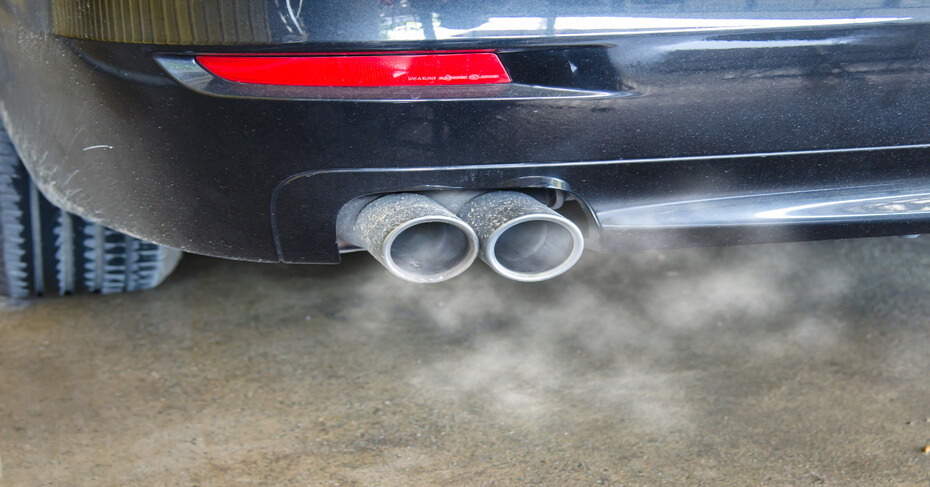
The Real Cost of Ignoring That Weird Noise Your Car Makes

by Maddi Butler
You know the sound. That faint rattle, squeak, or hum that wasn't there last week. Maybe it only shows up when you hit the brakes, take a sharp turn, or start the engine in the morning. It’s easy to tell yourself it’s nothing — or that you’ll deal with it later. But letting it slide can turn a minor issue into a major repair, often when you least expect it (and when your budget can least handle it).
Ignoring that strange noise isn’t just about inconvenience — it can quietly wear down your car’s health, safety, and even its resale value.
Small Sounds Can Signal Bigger Problems
A weird noise is your car’s way of talking to you — and it’s usually not whispering sweet nothings. That squealing when you brake? It could be worn brake pads that, if left unchecked, can damage the rotors and cost you hundreds more. That clicking when you turn? It might be a failing CV joint. That humming at higher speeds? A sign your tires are wearing unevenly or that your wheel bearings are on their last leg.
Often, the early symptoms are simple and inexpensive to fix. But when they’re ignored, small problems grow teeth — and costs.
Delays Can Double or Triple Your Repair Bill
Let’s say a belt is squealing. Maybe it’s loose or just needs replacing. Catch it early, and you’re out a hundred bucks. But wait too long, and that belt can snap — potentially damaging your engine or causing a breakdown. Now you’re looking at a tow truck, a rental car, and a much bigger repair.
Same goes for a noisy exhaust, ticking engine valves, or that clunk under the hood. The sooner you act, the more likely the fix is minor. The longer you wait, the more the issue compounds — and your mechanic’s estimate balloons accordingly.
Noises Can Put Your Safety at Risk
This isn’t just about saving money — it’s about staying safe. Some noises are warnings that your car isn’t operating as it should. A knocking engine can mean low oil or internal damage. Squealing brakes might mean your stopping distance is compromised. That grinding sound could signal a steering or suspension issue, which affects how well your car handles on the road.
Every noise tells a story. And while some are less urgent than others, none should be totally ignored — especially if they get worse over time.
Unaddressed Issues Hurt Your Car’s Value
Thinking of selling or trading in your car anytime soon? A noisy vehicle is a red flag for both buyers and dealerships. Even if the rest of the car is in decent shape, strange sounds suggest underlying neglect — and buyers will either walk away or lowball you hard.
It’s not just about what the noise is, but what it implies: that the car may not have been well-maintained. That can drag your car’s resale value down, even if you eventually get the issue fixed.
How to Respond Without Overreacting
You don’t have to rush to the shop every time your car makes a peep, but don’t dismiss new sounds outright. Start by identifying when and where it happens. Does it occur during acceleration? While turning? Only when the engine’s cold? The more details you have, the easier it’ll be for a mechanic to diagnose.
If you’re not ready to book a visit, you can also use trusted online forums, noise-identifying apps, or a quick visit to an auto parts store for a free scan (especially if your check engine light is also on).